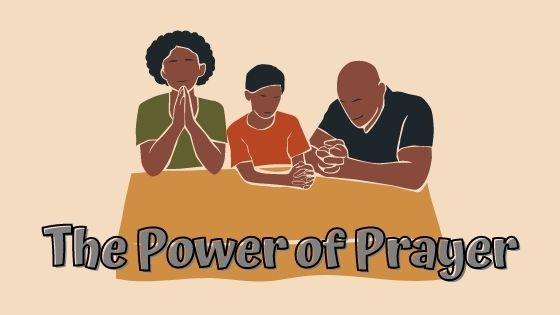Can Miracles Still Happen Today?
Miracles are common in both the Old and New Testaments. But many skeptics, as well as some Christians, are asking, “Can miracles still happen today?” No one is immune to crisis. Sooner or later, tragedy will strike and in a moment, our calm and peaceful life will become a raging storm. We will then face … Read more










